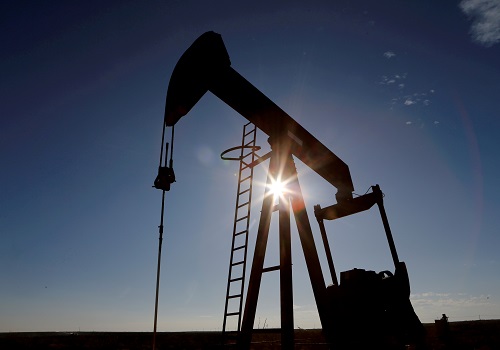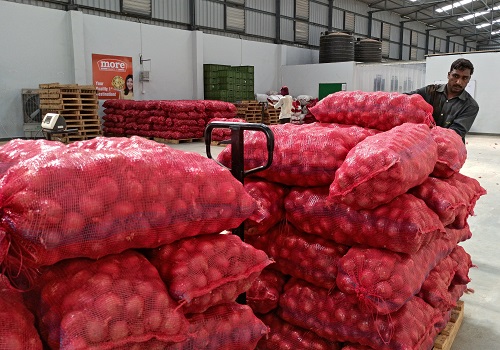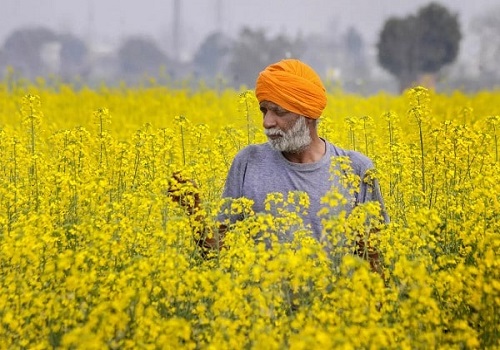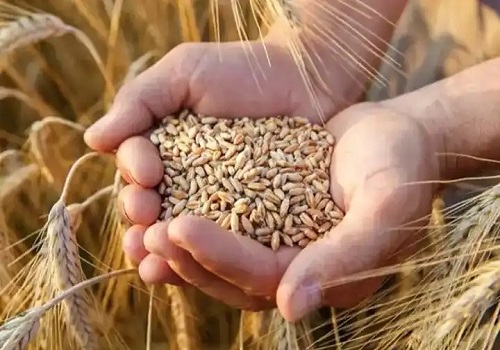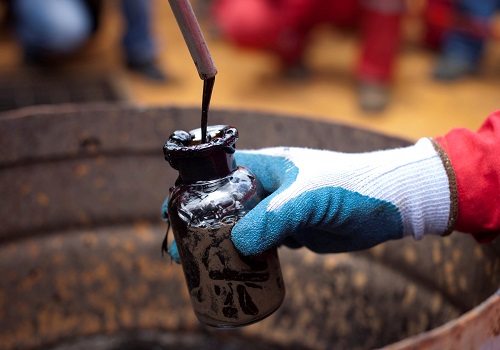Drop in wholesale prices of 'arhar' due to measures: Government
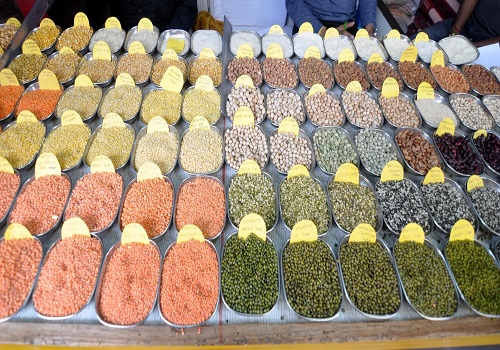
Follow us Now on Telegram ! Get daily 10 - 12 important updates on Business, Finance and Investment. Join our Telegram Channel
Price of tur/arhar dal reported a decline due to several proactive and pre-emptive measures by the government to augment domestic availability and stabilise prices of essential food commodities, an official statement said on Tuesday.
As per statistics of the Department of Consumer Affairs, the average wholesale price of tur/arhar dal, as reported on February 22, is Rs 9,255.88 per quintal, as againsgt Rs 9,529.79 per quintal on February 22 last year, or a drop of 2.87 per cent.
As per government data, on February 21, the price dropped to Rs 9,252.17 per quintal, but rose again on Tuesday.
The government said that in May 2021 advisories were issued to states/UTs to monitor prices of essential food commodities and to ensure disclosure of pulses stocks held by millers, importers and traders under the Essential Commodities Act, 1955. Imposition of stock limit on all pulses except moong was notified on July 21. Thereafter, an amended order was issued on July 19, 2021 imposing stock limits on four pulses - tur, urad, masur, and chana for a period up to October 21.
To improve availability and stabilise prices of pulses, the government had allowed import of tur, urad, and moong under 'Free category' with effect from May 15, 2021 till October 31, 2021 in order to ensure smooth and seamless imports.
The Free regime in respect of import of tur and urad was thereafter extended till March 31, 2022. This policy measure has been supported with facilitation measures and close monitoring of its implementation by the concerned departments/organisations. The import policy measures have resulted in substantial increase in import of tur, urad, and moong as compared to the corresponding period for the past two years, the statement said.





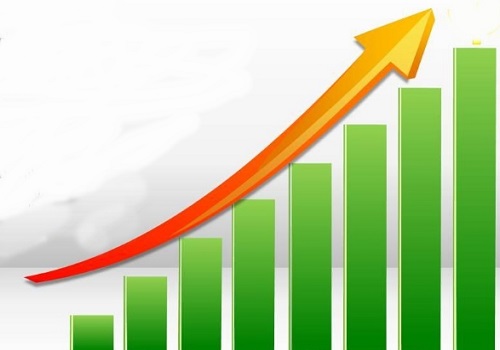






 320-x-100_uti_gold.jpg" alt="Advertisement">
320-x-100_uti_gold.jpg" alt="Advertisement">

